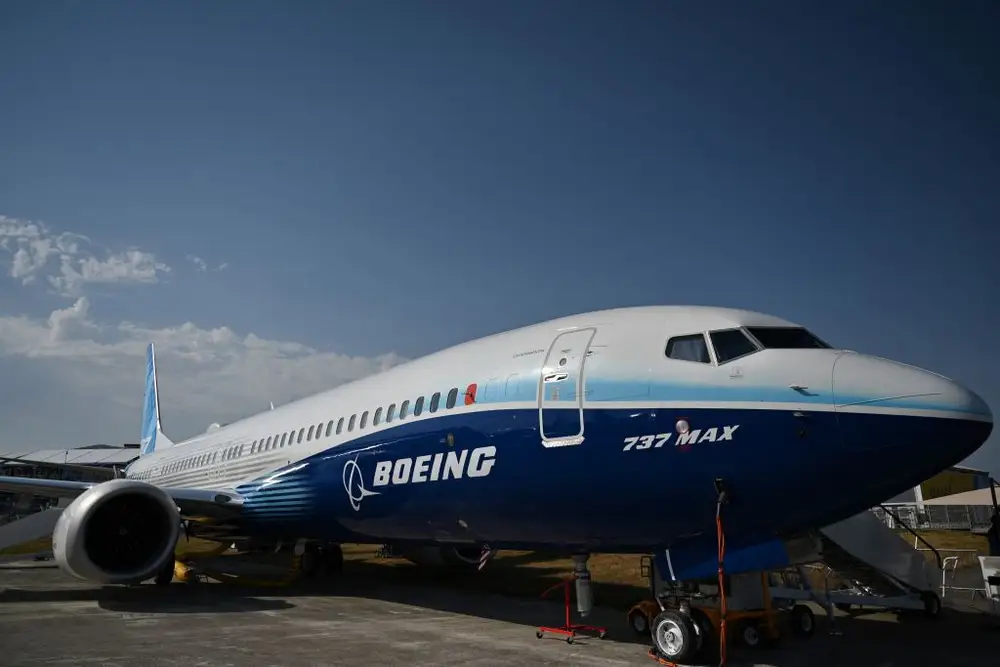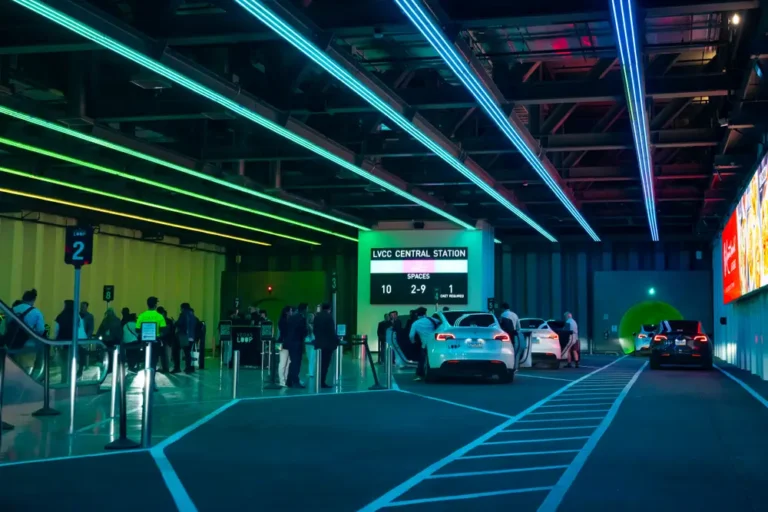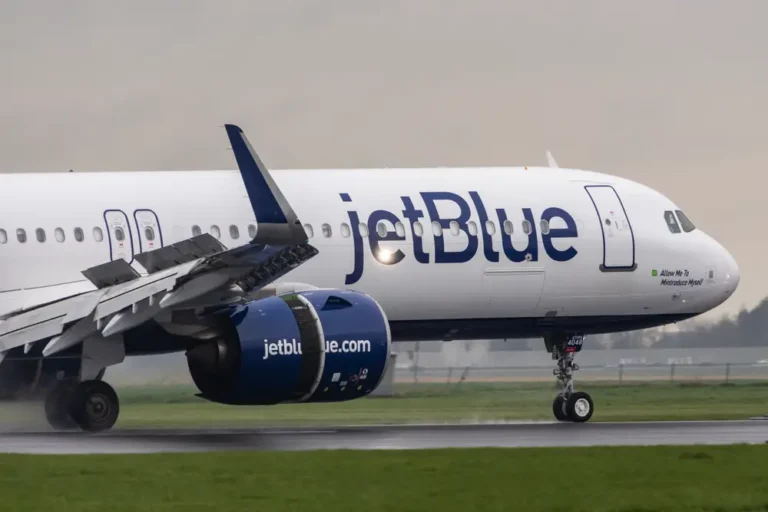A new wrinkle in Boeing’s 737 Max crash drama

Two of Boeing’s 737 Max jets crashed in 2018 and 2019, killing 346 people.
A federal judge on Thursday rejected a July plea deal between Boeing and US prosecutors, citing concerns with the role diversity, equity, and inclusion would play in selecting an independent monitor.
In his decision, Judge Reed O’Connor expressed doubts about Boeing’s and the government’s ability to select the monitor solely based on capability without consideration of race. The judge noted both groups’ strong focus on DEI in their operating policies.
“In a case of this magnitude, it is in the utmost interest of justice that the public is confident this monitor selection is done based solely on competency,” the judge said in his decision. “The parties’ DEI efforts only serve to undermine this confidence in the Government and Boeing’s ethics and anti-fraud efforts.”
The Texas judge O’Connor also criticized regulators’ work overseeing Boeing’s progress under the deferred prosecution agreement it signed in 2021, writing in the decision: “It is fair to say the Government’s attempt to ensure compliance has failed.”
The case stems from two Boeing 737 Max crashes that killed 346 people, the first with Indonesia’s Lion Air in October 2018 and the second with Ethiopian Airlines in March 2019. Faulty software was found to be the culprit in both crashes.
Victims’ families opposed the plea agreement, voicing displeasure with the process for selecting an independent anti-fraud monitor and the fact that Boeing’s compliance with the monitor’s recommendations is not a required condition of its probation, court documents noted.
“This is an excellent decision by Judge O’Connor and an important victory for the victims’ families,” Erin Applebaum, a lawyer representing 34 families of victims lost on the Ethiopian Airlines flight, told B-17.
“We anticipate a significant renegotiation of the plea deal that incorporates terms truly commensurate with the gravity of Boeing’s crimes,” she added. “It’s time for the DOJ to end its lenient treatment of Boeing and demand real accountability.”
Boeing did not immediately respond to a request for comment from B-17.
In July, Boeing agreed to plead guilty to fraud, pay a $243.6 million fine, and allow an independent monitor to oversee safety and quality control at its factories.
However, regulators said Boeing violated that settlement after the January Alaska Airlines door plug blowout. The deal was set to expire two days after the Alaska incident.
In May, the Justice Department said Boeing had failed to “design, implement, and enforce a compliance and ethics program.”
In 2021, Boeing reached a $2.5 billion settlement with the Department of Justice and families of the victims in January 2021 to settle charges of fraud conspiracy related to the fatal crashes.
Boeing’s former CEO, Dennis Muilenburg, was fired in December 2019 and was replaced by Dave Calhoun. Calhoun later stepped down in March 2024 after the Alaska blowout.
New Boeing CEO Kelly Ortberg, who started in August, has been tasked with overhauling the company culture and getting Boeing back on track with safety and its production targets.






